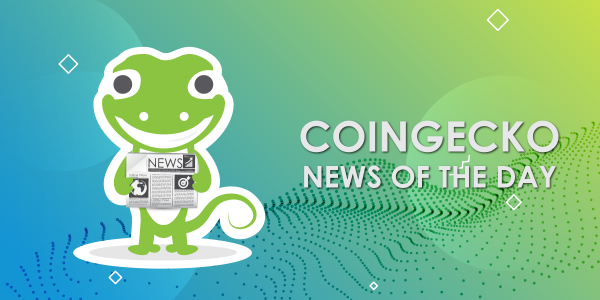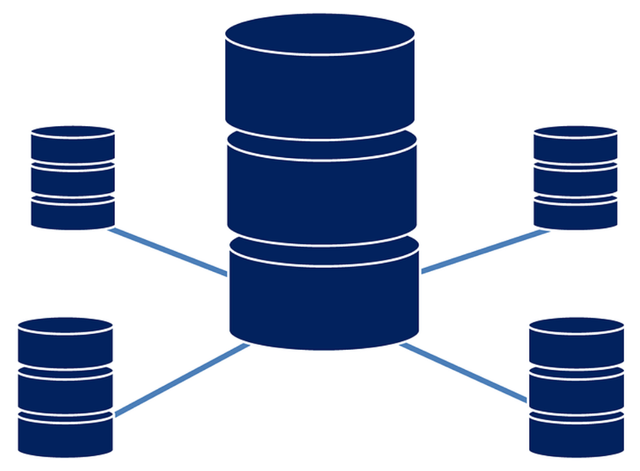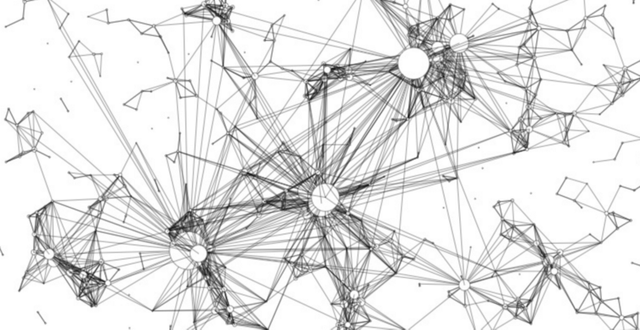CoinGecko News of the Day (March 13th 2019)

Don't miss out on the news today!
1. UAE developer to plans to launch a community token
Emaar Group - the company that owns Burj Khalifa, teamed up with a Swiss startup Lykke AG to develop and launch a community token.
The Emaar token will be available for the company’s customers and partners by the end of 2019, and an initial coin offering in Europe is planned.
Customers will be able to use the token across all Emaar's product range and services.
Too bad Hodlers can't own a piece of Burj Khalifa with the token. 😂😂
2. Abra Crypto Wallet Adds Direct Support for ETH storage, not 'Synthetic' Version
Cryptowallet provider Abra now lets users deposit and withdraw ether (ETH) directly from its app.
“By adding native ether support, Abra users will now be able to easily buy and move ether from other wallets to the Abra app,” Abra CEO Bill Barhydt said.
Up until now, Abra had only supported Ethereum as a so-called “synthetic asset” - a derivative of ETH.
3. MyEtherWallet Launches New Open Source Ethereum Blockchain Explorer
Ether Web Wallet provider MyEtherWallet has announced the launch of the alpha version of its new open source Ethereum blockchain explorer, EthVM.
The current version of EthVM shows data from the Ropsten network, an Ethereum testnet.
Some bite-sized knowledge for you guys!
Blockchain vs. Database: How are They Different?
A blockchain is a database, but a database is not a blockchain.
The two are not interchangeable, because even though both are used to store information, they are different in design and purpose.
Database
A traditional database is designed to use a client-server architecture.

In this design, a user is able to modify the data that is stored in the database on a centralized server.
If you have to work with a centralized traditional database, there is always a risk that someone can modify or delete critical data within the system. Even administrators can be bad actors in the system.
Blockchain
A blockchain database does not reside on a centralized server.

Instead, it is designed to reside on decentralized nodes, which can number in the thousands or even millions.
One of the primary functions of a blockchain is the enable sharing information between two parties who don’t trust each other - without a central administrator.
Blockchain databases have been called immutable, and it is because of the economic costs involved in editing a blockchain that makes it immutable, not unless an actor is willing to stomach said cost.
You can read more here
Pop Quiz!!
Name One (1) type of Traditional Database along with One (1) Type of Blockchain (Lets see what are the answers :D)
Relational databases are the SQL type like Oracle has.
A Private Blockchain is for private companies, such as banks, to use to share data.
Tweeting :)
Hmmm, a type of traditional database is MySQL , which is used by PayPal for Data Warehousing.
A type of Blockchain is Proof-of-Stake which is what Steem uses, where the more coins you have, the more influence on the reward pool you have. Bitcoin is a Proof-of-Work blockchain. You need to complete complex mathematical equations to mine a coin.
Love the bite-sized info and pop quiz! Way to engage!!
Coingecko your app is very useful specially Indian crypto holders get a great and quick analysis from your app
Posted using Partiko Android
Posted using Partiko Android
"Traditional" database*: Cassandra
Blockchain: Ethereum
*Traditional in quotes because it's a NoSQL database and only slightly over 10 years old.
Posted using Partiko Android
Nice information really shared
Thanks friend po
Posted using Partiko Android
Hi @coingecko you are sharing good news I appreciate.
Posted using Partiko Android